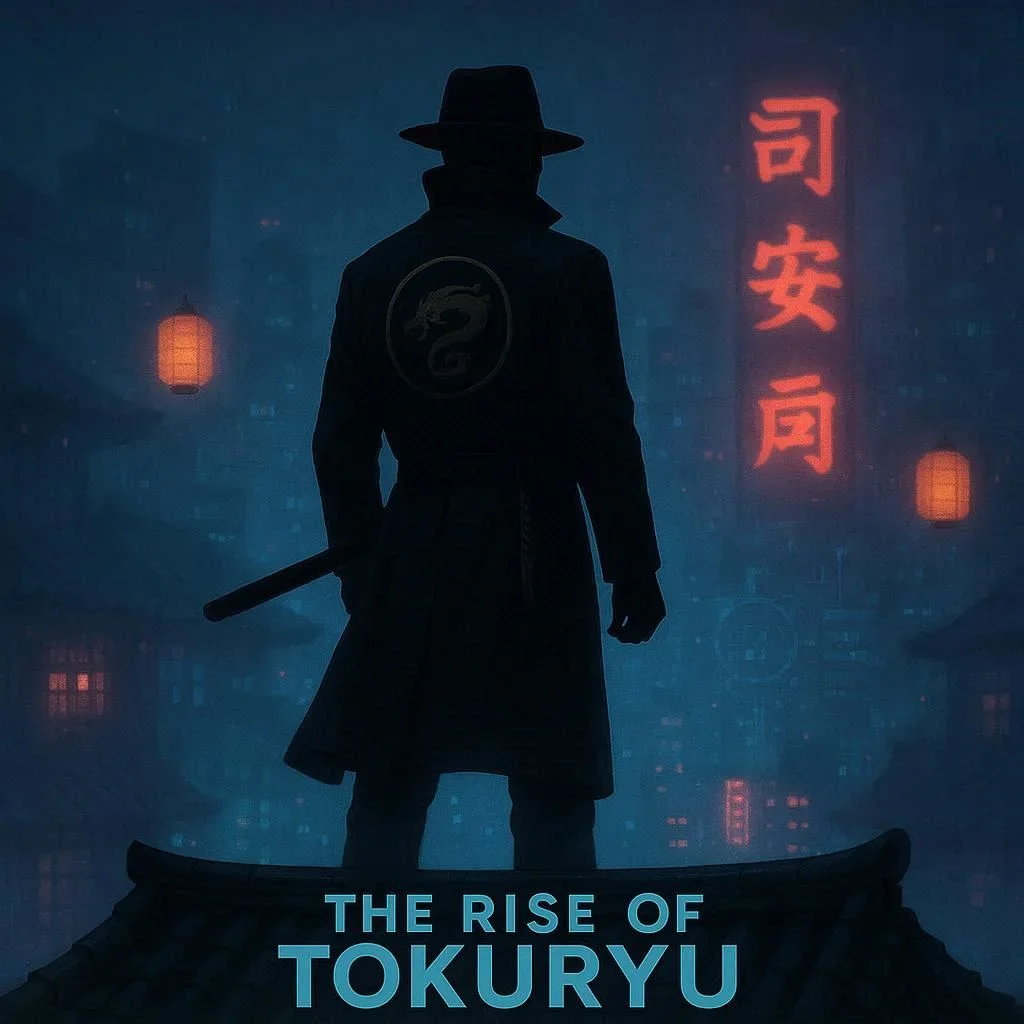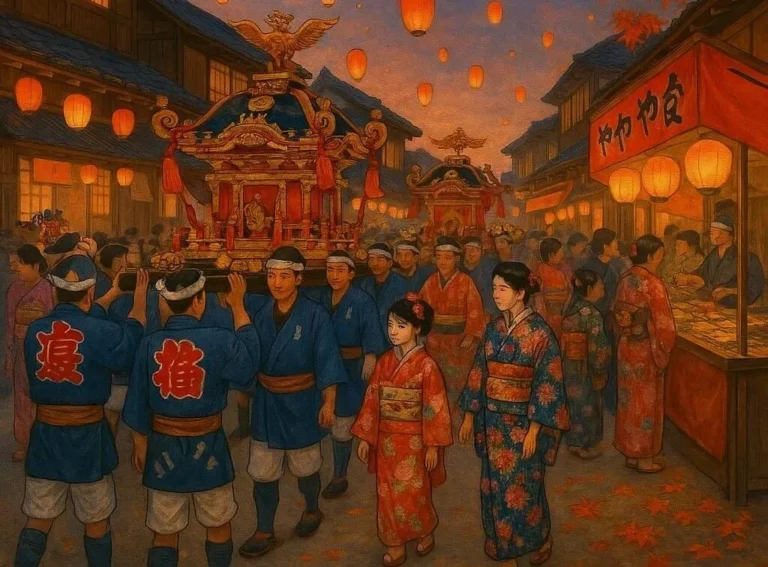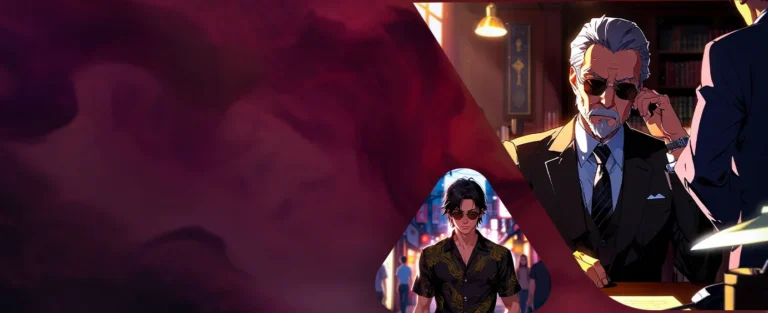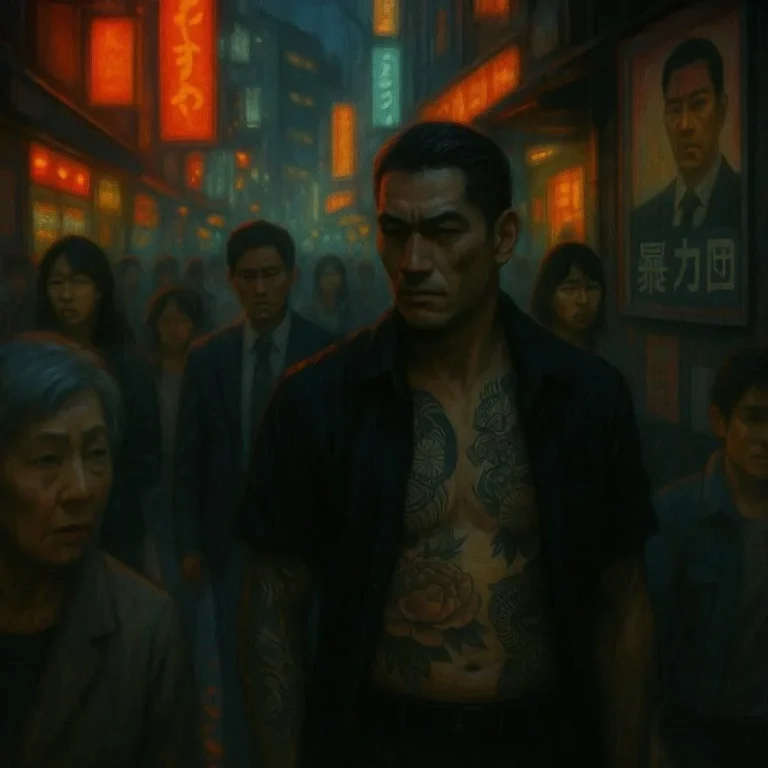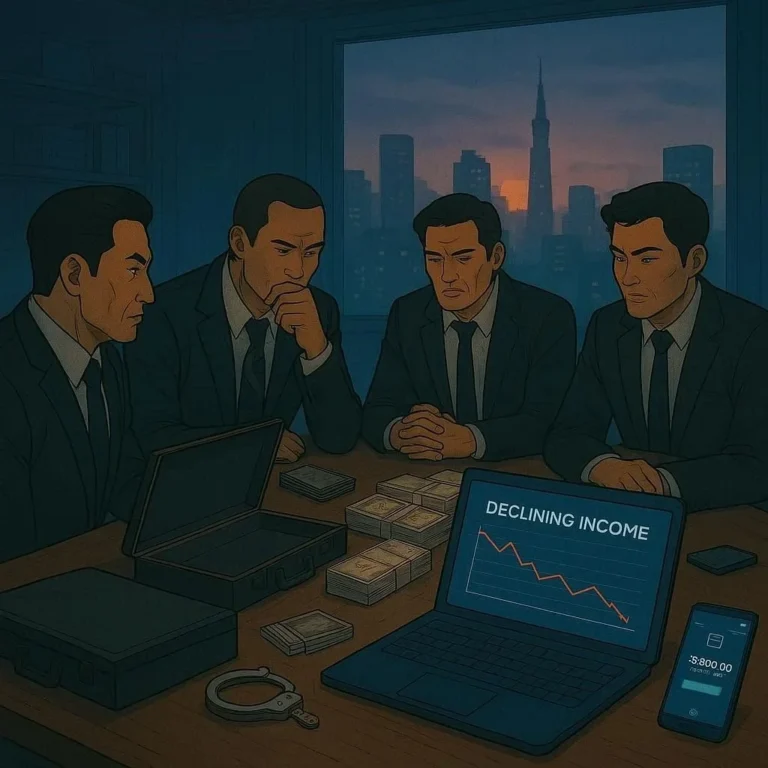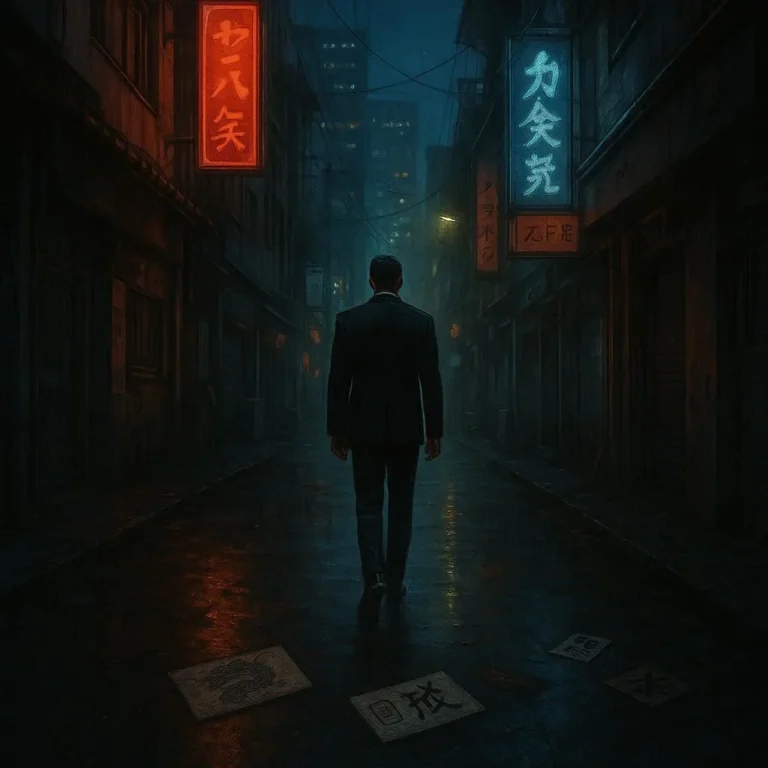509 views Entertainment & Media Portrayals: “Like a Dragon: Yakuza” and the Pop Culture Lens
In the vast and ever-evolving landscape of entertainment and media, few franchises have managed to capture the essence of cultural authenticity and storytelling depth as effectively as the Yakuza series, now rebranded as Like a Dragon. This iconic video game franchise has not only become a cornerstone of modern gaming but has also carved out a unique niche in pop culture, offering a fascinating lens through which to explore the broader implications of media portrayals.
At its core, Like a Dragon: Yakuza is a series that thrives on its ability to blend gripping narratives, intricate characters, and a deep dive into the underbelly of Japan’s criminal underworld, all while maintaining a delicate balance of humor, drama, and moral complexity. For fans of the series, it’s more than just a game—it’s a window into a world that’s both familiar and foreign, a place where tradition and modernity collide in explosive and unexpected ways.
In this blog post, we’ll delve into how Like a Dragon: Yakuza impacts and is perceived through the pop culture lens, examining its cultural significance, its storytelling depth, its unique blend of humor and drama, and its broader influence on the entertainment and media landscape.
The Cultural Significance of Like a Dragon: Yakuza
One of the key reasons why Like a Dragon: Yakuza has resonated with audiences around the world is its unapologetic embrace of Japanese culture. From the neon-lit streets of Kamurocho to the cramped, smoke-filled rooms of underground nightclubs, the series paints a vivid picture of a world that’s both fascinating and often misunderstood.
Unlike many Western portrayals of Japanese culture, which frequently rely on stereotypes and oversimplifications, Like a Dragon offers a nuanced and multifaceted exploration of Japan’s rich cultural heritage. Whether it’s through the intricate rituals of the yakuza, the bustling energy of Tokyo’s city life, or the quiet moments of personal reflection, the series consistently challenges and subverts expectations, rewarding players with a deeply authentic and immersive experience.
This cultural authenticity is not just about setting and aesthetics, however—it’s also deeply embedded in the characters themselves. From the stoic, honor-bound yakuza members to the eccentric, everyday citizens that populate Kamurocho, each character in Like a Dragon feels vibrant and alive, offering a window into the complexities and contradictions of modern Japanese society.
The Storytelling Depth of Like a Dragon: Yakuza
Another key element that sets Like a Dragon: Yakuza apart from other entertainment media is its storytelling depth. While many video games and films rely on straightforward, good-vs.-evil narratives, Like a Dragon consistently embraces a more morally ambiguous approach, where even the most seemingly noble characters are flawed and vulnerable, and where the line between right and wrong is frequently blurred.
At the heart of this storytelling approach is the series’ protagonist, Ichiban Kasuga. A fan-favorite character who first appeared in Yakuza Online and later took center stage in Like a Dragon: Yakuza, Ichiban is a complex and deeply human character whose journey from a low-level yakuza enforcer to a hero in his own right is both inspiring and heartbreaking.
One of the most compelling aspects of Ichiban’s story is his unyielding optimism and resilience in the face of overwhelming adversity. Despite being betrayed, beaten, and broken at every turn, Ichiban consistently finds a way to get back up, driven by a deep‑seeded sense of justice and a refusal to give up on the people he cares about.
This kind of storytelling is not only engaging on a surface level—it also resonates deeply on an emotional level. By presenting characters that are multi‑dimensional and relatable, Like a Dragon invites players to invest in their journeys in a way that goes far beyond the typical hero’s quest.
The Unique Blend of Humor and Drama
One of the most unique aspects of Like a Dragon: Yakuza is its ability to seamlessly blend humor and drama in a way that feels both natural and impactful. While many entertainment media struggle to balance these two elements effectively, Like a Dragon consistently manages to shift between laugh‑out‑loud moments of comedy and heartfelt moments of drama with ease.
This blend of humor and drama is not just about keeping the game light‑hearted, however—it’s also a key element of the series’ storytelling approach. By presenting characters and situations that are both absurd and relatable, Like a Dragon creates a sense of emotional depth and connection that is rare in most entertainment media.
One of the most memorable examples of this blend can be found in the series’ iconic “substories,” which offer a series of side quests and encounters that are often both hilarious and poignant. Whether it’s helping a group of bumbling criminals pull off a heist, or assisting a lovesick bartender in his quest to win the heart of his crush, these substories add a level of depth and variety to the game that is unmatched in most modern entertainment media.
The Broader Influence of Like a Dragon: Yakuza on Pop Culture
Given the cultural significance and storytelling depth of Like a Dragon: Yakuza, it should come as no surprise that the series has had a profound impact on pop culture as a whole. From its influence on other video games and films to its role in shaping broader perceptions of Japanese culture, Like a Dragon has left an indelible mark on the entertainment and media landscape.
One of the most significant ways in which Like a Dragon has influenced pop culture is through its impact on other video games. With its unique blend of open‑world exploration, deep storytelling, and over‑the‑top combat, the series has set a new standard for narrative‑driven games, inspiring a host of imitators and admirers alike.
At the same time, Like a Dragon has also played a key role in challenging and subverting Western stereotypes of Japanese culture. By presenting a nuanced and multifaceted portrayal of Japan’s yakuza underworld, the series has helped to broaden the cultural horizons of audiences around the world, offering a fresh perspective on a subject that is often misunderstood or simplified.
The Future of Like a Dragon: Yakuza
As we look to the future of Like a Dragon: Yakuza, it’s clear that the series has a wealth of potential for growth and exploration. With its rich narrative universe, complex characters, and deep cultural authenticity, the possibilities for where the series could go next are virtually endless.
One of the most exciting developments on the horizon for fans of Like a Dragon is the upcoming release of Like a Dragon: Infinite Wealth, a new entry in the series that promises to take players on a fresh journey through the highs and lows of Kamurocho’s criminal underworld. With rumors of new characters, new gameplay mechanics, and a deeper dive into the series’ core themes, Infinite Wealth is shaping up to be one of the most anticipated releases of the year.
In addition to the ongoing development of the Like a Dragon video game series, there are also growing rumors of a potential film or TV adaptation of the franchise. While details are still scarce, the potential for a live‑action adaptation of Like a Dragon is enormous, offering a chance to bring the series’ rich characters and storytelling to an entirely new audience.
Conclusion
Through its cultural authenticity, storytelling depth, unique blend of humor and drama, and broader influence on pop culture, Like a Dragon: Yakuza has established itself as a true standout in the world of entertainment and media. Whether you’re a lifelong fan of the series or just discovering it for the first time, there’s no denying the power and impact of this iconic franchise.
As we look to the future, it’s clear that Like a Dragon: Yakuza has a lot more to offer—both in terms of its ongoing development as a video game series and its potential for branching out into other forms of media. By continuing to challenge and subvert expectations, this remarkable franchise is sure to remain a major player in the entertainment and media landscape for years to come.

